Cooperation between parents and school
Education and upbringing are closely connected. Good contact between parents (guardians, caregivers) is, therefore, very important. In fact, research by Harvard professor Robert D. Putnam has shown that if you want to improve school performance, nothing is more effective than involving parents in education.
It is essential that parents are open to our pedagogical approach. Furthermore, it is crucial that parents show an interest in their children and how they do in the classroom. This happens by listening to children when talking about school and sharing something from their day.
In addition, parents are often invited to help out with school activities. By doing this, we allow children to see how their parents are a part of the school community.
Parents evenings
Parents evenings are indispensable. Parents receive information about what is happening in class, teaching periods and the various developmental phases of the children. At these meetings, parents will get a deeper understanding of what is covered in class or issues they see at home. Some topics could be suggested by the class parents and communicated to the class teacher.
Specialist teachers communicate with the parents about what they are doing in their lessons. Parents and teachers share a common bond- a pedagogical relation to the child.
In the lower classes and kindergarten, parents may prepare for annual festivities during work evenings at school. It is self-evident that not all parents have the same availability: everyone contributes as much as possible.
In addition, there is an evening about school-readiness for kindergarten parents.
Class Parents
Some parents volunteer to play the important role of class parent. They create a bridge of communication between the rest of the parents in the class and the teacher(s). In addition, the class parents assist in the preparation and carrying out of activities and inspire other parents to actively participate. Once a year, all class parents meet with the school leader to discuss any relevant matters in their respective classes.
Activities and annual festivities
Many activities rely on the assistance of parents. Parents regularly help out with trips, annual festivities and plays. Parents also lend a hand with craft lessons and reading support.
Use of expertise of parents
We also like to make use of the professional expertise and experience of parents. For example, there are parents in the Participation Council who often represent an area of their professional expertise such as communication, facility management and IT.
Are you willing to offer your expertise to the school? Please let us know.
About IWSTH
The International Waldorf School of The Hague is a non-profit international primary school with a distinct educational vision. Engagement with societal developments in sustainability, peace, justice and well-being plays a key role in shaping our educational programme.
